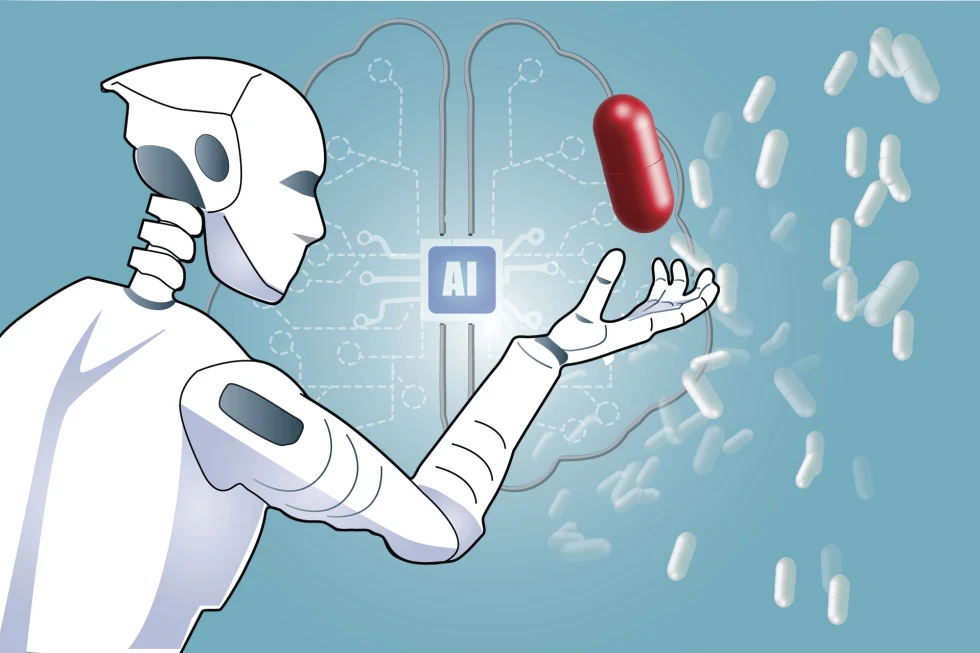
The pharmaceutical industry has long struggled with the complexity of drug development, which typically takes over a decade. Despite significant investment in research, the process remains slow and expensive. AI is emerging as a potential game-changer, and companies like Insitro, founded in 2018, are using machine learning to accelerate drug discovery by analyzing vast datasets of chemical and biological markers.
Insitro, based in South San Francisco, partners with major drugmakers like Eli Lilly and Bristol Myers Squibb to develop treatments for various diseases. The company’s approach focuses on unraveling the underlying complexity of diseases by identifying new intervention methods that can work for specific patient subsets, rather than trying to design one-size-fits-all solutions.
CEO Daphne Koller explained that while drug development has traditionally been driven by expert medical scientists, AI offers significant advantages. The rise of quantitative biology, with the ability to measure biological systems with unprecedented precision, allows AI to process large datasets in ways that human scientists cannot, identifying subtle patterns that might otherwise be overlooked.
Koller’s interest in this field grew from her background in computer science and machine learning. Initially, she was drawn to the technical challenges machine learning posed in biomedical applications. Over time, her interest in biology grew as she began to see the potential for AI to tackle complex biological problems.
Insitro’s interdisciplinary approach brings together computer scientists and medical researchers, but as Koller points out, fostering collaboration between these two groups has its challenges. Engineers typically focus on finding consistent patterns for predictions, while life scientists are often more interested in exceptions that might lead to breakthroughs. Insitro has worked to overcome these cultural differences, creating an environment where both groups can collaborate effectively, and it has been key to the company’s success.
By combining the strengths of AI with traditional medical research, Insitro is positioning itself at the forefront of a new era in drug discovery, one that could significantly reduce the time and cost involved in developing new treatments.








